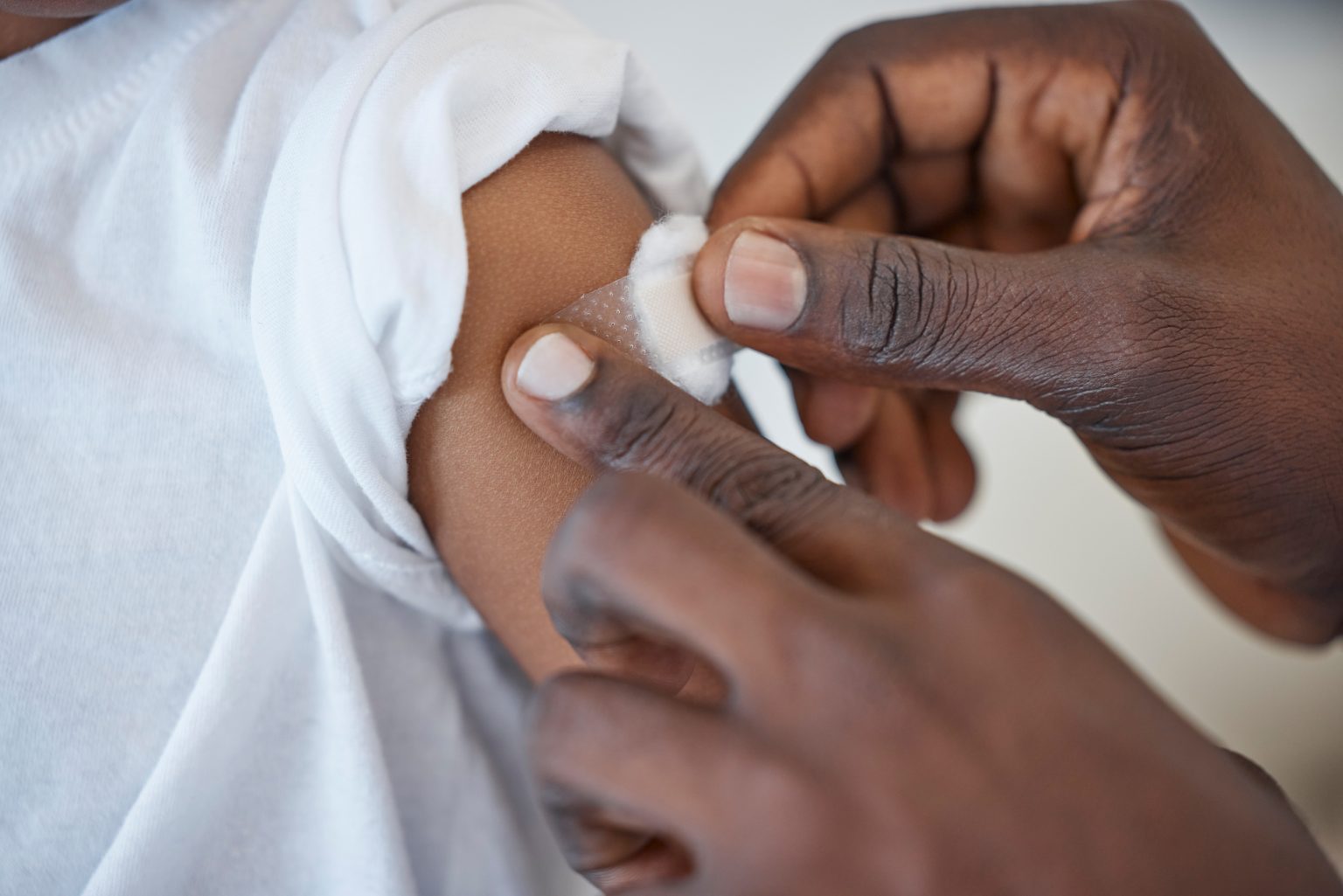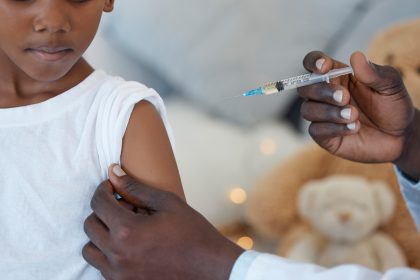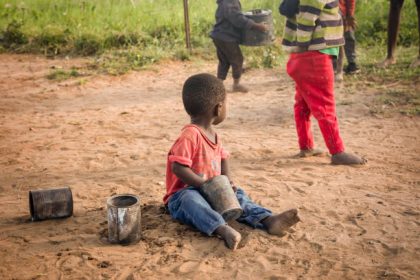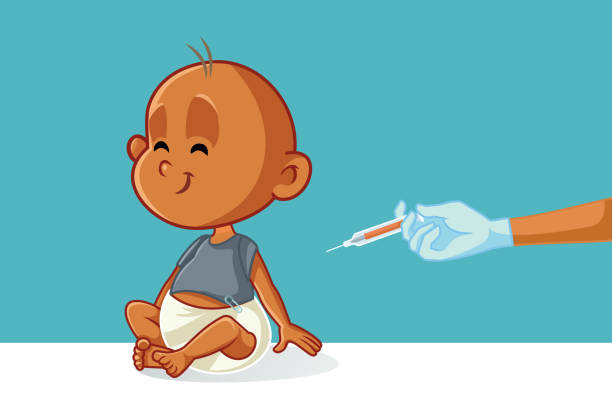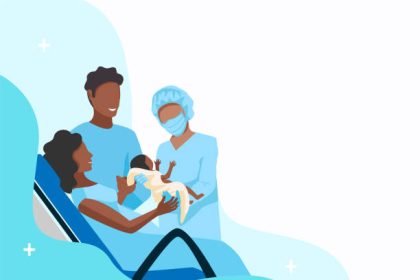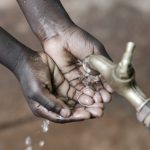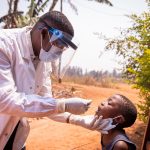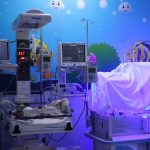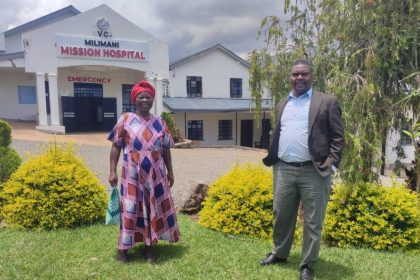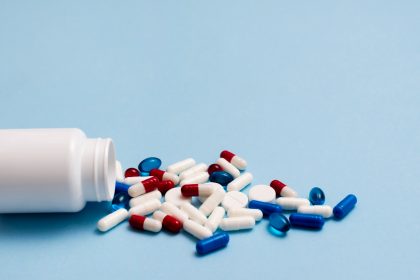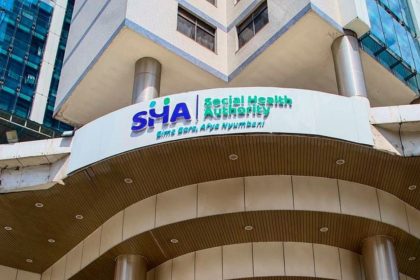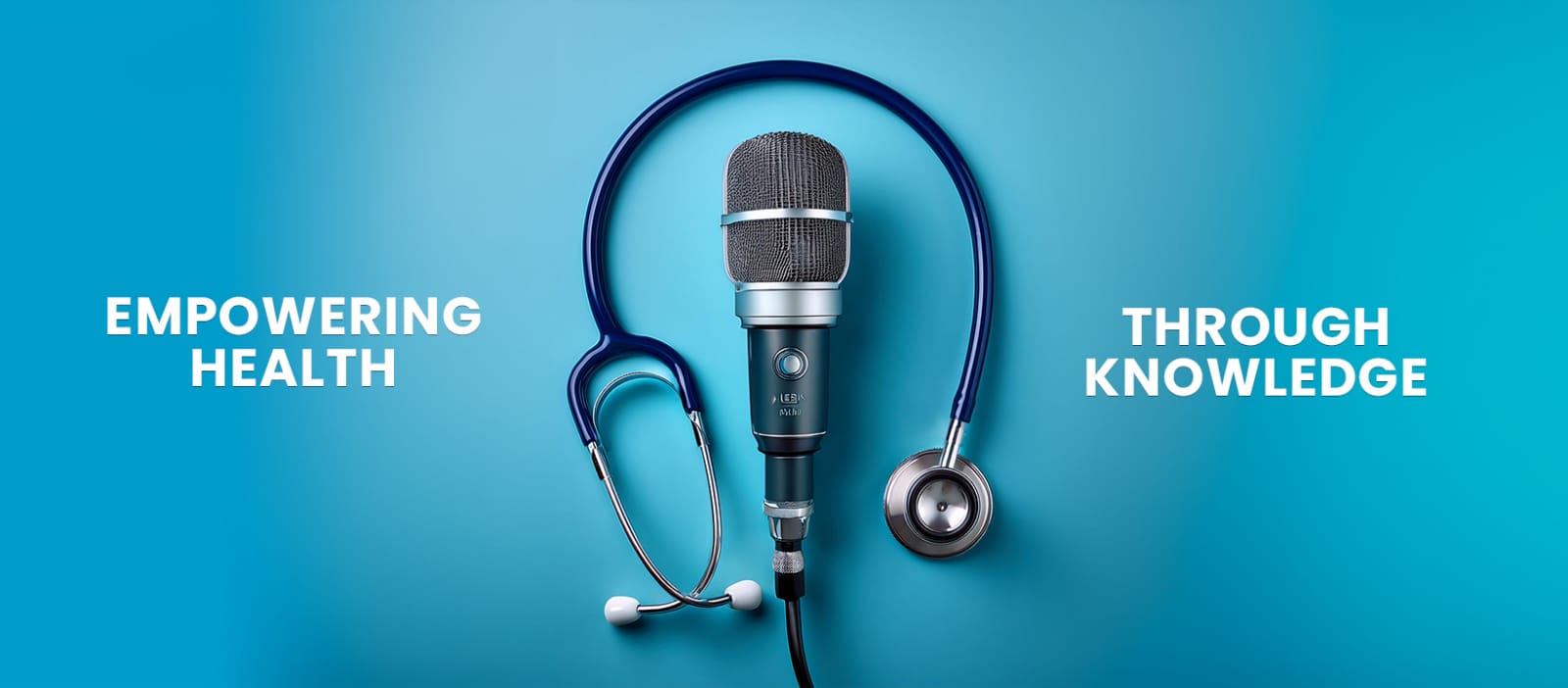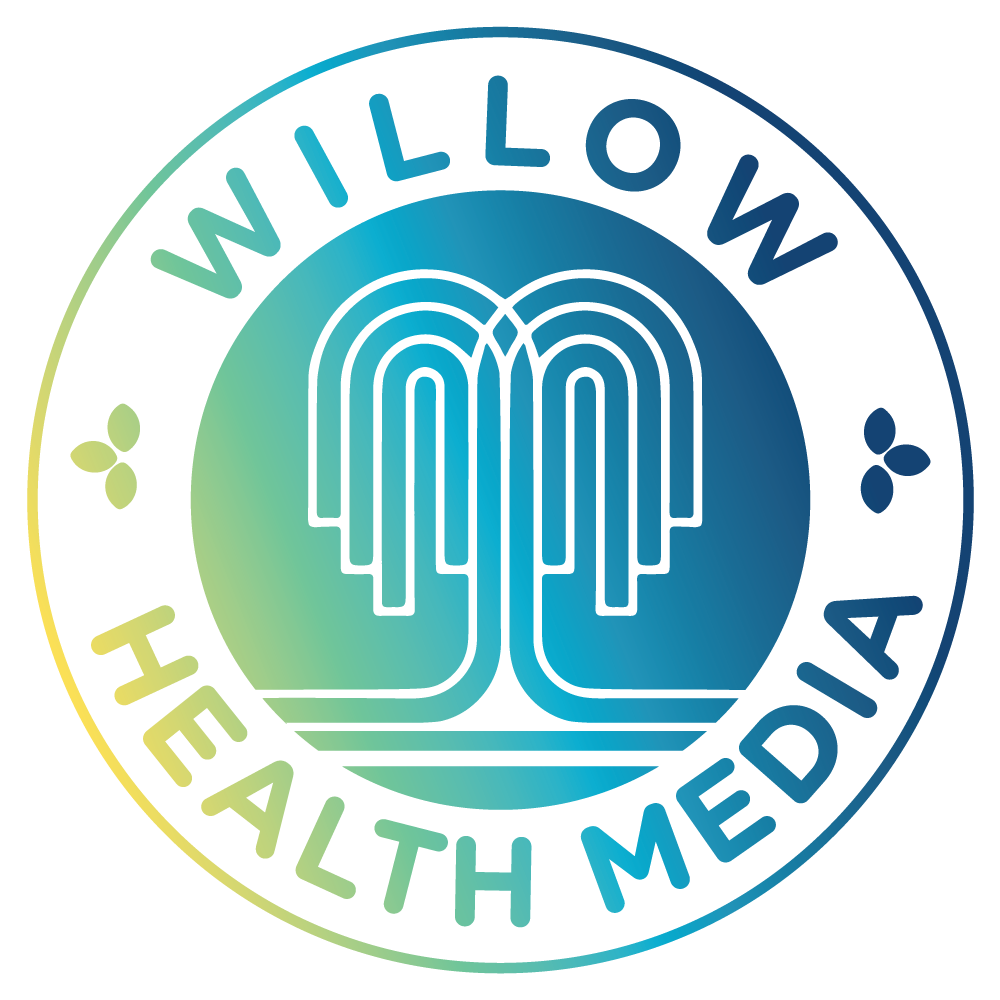Gavi aims to vaccinate 500 million children, prevent up to nine million deaths, stop disease outbreaks, strengthen health systems.
World leaders and organisations pledged over $9 billion (Ksh1 Trillion) to Gavi, the Vaccine Alliance, at a global health summit in Brussels, Belgium, securing vaccine funding for 2026–2030.
African countries emerged as key stakeholders in the bold agenda to expand vaccine access, boost local manufacturing, and transform immunisation delivery systems. Gavi’s next five-year plan, also known as Gavi 6.0, aims to vaccinate 500 million children, prevent up to nine million deaths and save over US$100 billion (Ksh12.9 trillion) by stopping disease outbreaks and making health systems stronger.
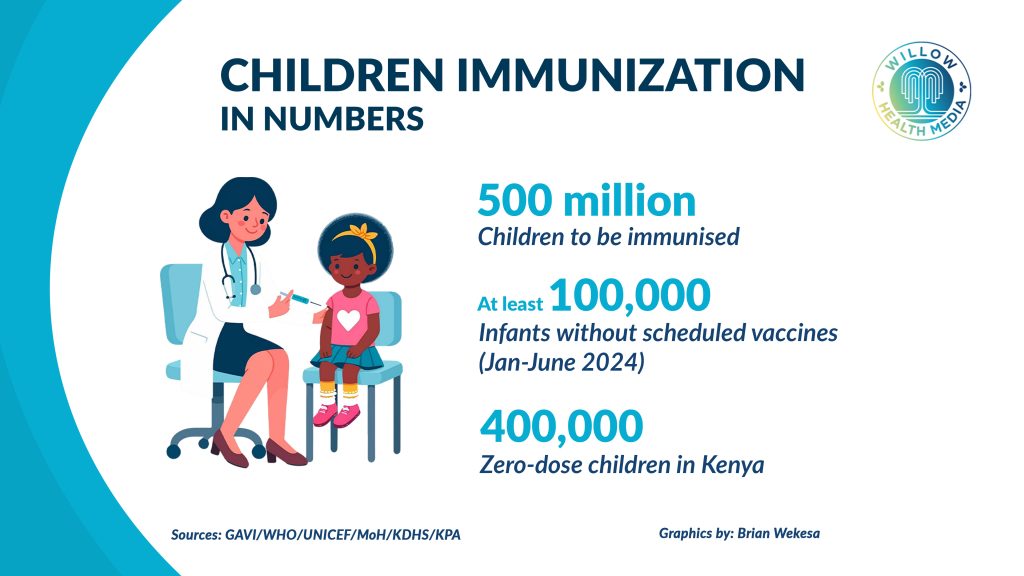
The Summit brought together leaders from 55 countries, including 10 heads of state and representatives from civil society, the private sector and multilateral agencies.
Several African countries that used to receive help from Gavi – including Rwanda, Uganda, and the Central African Republic – now promised to help fund Gavi’s work themselves.
“Today is a good day for immunisation and a good day for global health,” said José Manuel Barroso, Chair of the Gavi Board. “We have made impressive progress toward fully funding our next strategic period, while shaping markets and revolutionising delivery.”
Additional private sector commitments totalling over US$149 million (Ksh19.2 billion) will support digital innovations, supply chain enhancements, and biometric identification systems across Africa.
‘Gavi is one of the best investments I’ve ever made’- Bill Gates
Bill Gates, Chair of the Gates Foundation, which pledged US$1.6 billion stated: “I don’t know of anything with a higher impact per dollar in terms of saving and improving lives. Gavi is one of the best investments I’ve ever made.”
Gavi’s co-financing model (where countries help pay for their own vaccines) is expected to see a record US$4 billion (Ksh517 billion) invested by countries themselves over the next five years. This helps countries become less dependent on outside help.
Gavi’s African Vaccine Manufacturing Accelerator (AVMA) is gaining traction, with nearly EUR800 million in pledges from Team Europe, which includes the EU and its member states. This programme helps African countries start making their own vaccines instead of importing them.
The Summit comes at a critical time. Kenya is currently experiencing serious vaccine shortages affecting 12 out of 47 counties. The Ministry of Health admits there’s a ‘serious shortage’ of childhood vaccines including BCG (for tuberculosis), polio and rotavirus vaccines.
This shortage happened because Kenya was late paying Ksh900 million it owed for vaccines, and still owes Ksh2.8 billion in total to UNICEF and Gavi.
Vaccines protect children from highly contagious diseases like measles, polio, tuberculosis, tetanus, diphtheria
President of the Kenya Paediatric Association (KPA) Dr Supa Tunje explained why this matters: vaccines are “the second most effective public health intervention after clean and safe water for controlling infectious diseases.”
Dr Tunje noted that childhood vaccines protect children from highly contagious diseases like measles, polio, tuberculosis, tetanus, and diphtheria, and help build strong immune systems.
“Overall, vaccines lead to savings in hospitalisations, lost wages by parents and long-term disabilities and ensures quality and productive life for children throughout their life course,” she said.
She also stressed that vaccines must be given on time: they “prevent severe illnesses, disability and death when administered at the right time and in complete doses.”
Kenya’s vaccine shortage problems have been called a ticking time-bomb. Data shows that at least 100,000 babies born between January and June this year haven’t received their scheduled vaccines.
Kenya has about 400,000 children who have never received their first dose of DTP
Kenya also has around 400,000 children who have never received their first dose of DTP (diphtheria, tetanus, and pertussis) or pentavalent vaccine, according to the 2022 Kenya Demographic and Health Survey (KDHS). Most of these children live in slums, informal settlements, and conflict areas.
The Brussels Summit showcased the strength of public-private partnerships in advancing health outcomes. A newly announced Innovation Scale-Up Fund received an anchor investment of US$40 million from Grand Challenges Canada, aiming to fast-track scalable, high-impact solutions for vaccine delivery.
The Summit also secured US$4.5 billion in development finance instruments from institutions such as the Asian Infrastructure Investment Bank, the Asian Development Bank, and European Investment Bank. These packages will provide flexible, long-term financing to help countries transition from aid dependence to self-financed health systems.
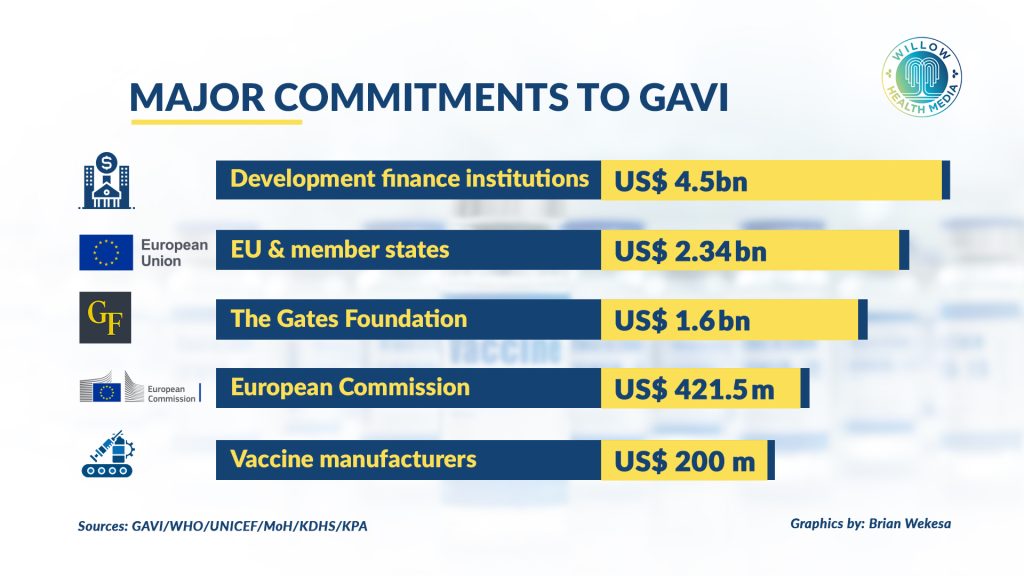
Vaccine manufacturers responded to Gavi’s call for greater affordability and access. Companies like Bharat Biotech and GSK promised to reduce the price of malaria vaccines to below US$5 (about Ksh650), while Serum Institute of India committed to lowering the cost of the R21 malaria vaccine, potentially saving over US$100 million for Gavi and African partners.
They also promised cheaper prices for vaccines that protect against rotavirus, HPV, and pneumococcal diseases – all serious problems in African countries.
Notably, the United States did not commit to this year’s Gavi pledging event
Despite the strong momentum, Gavi leaders emphasised that further pledges are needed to reach the full US$11.9 billion goal. Ursula von der Leyen, President of the European Commission, called it an investment in “our shared future,” highlighting that Team Europe has already pledged over EUR 2 billion.
Notably, the United States did not commit to this year’s Gavi pledging event, with US Health Secretary Robert F. Kennedy Jr. accusing Gavi of “neglecting vaccine safety, making questionable recommendations around Covid-19 vaccines and silencing dissenting views.”
Kennedy called on Gavi to “re-earn public trust” by justifying its usage of the US$8 billion that America has pumped into the organisation since 2001, stating that until this is done, the US will no longer contribute to Gavi.
This is a big problem because America has been one of Gavi’s biggest supporters, giving US$300 million every year. Former president Joe Biden had promised US$1.5 billion to Gavi’s next plan, but it’s unclear if this will still happen.
Leaders at the Gavi Global Summit urged new and existing donors to step up to help Gavi reach its target of US$11.9 billion; failure to which will have significant consequences on the health and well-being of children in lower-income countries, as well as on global health security.



